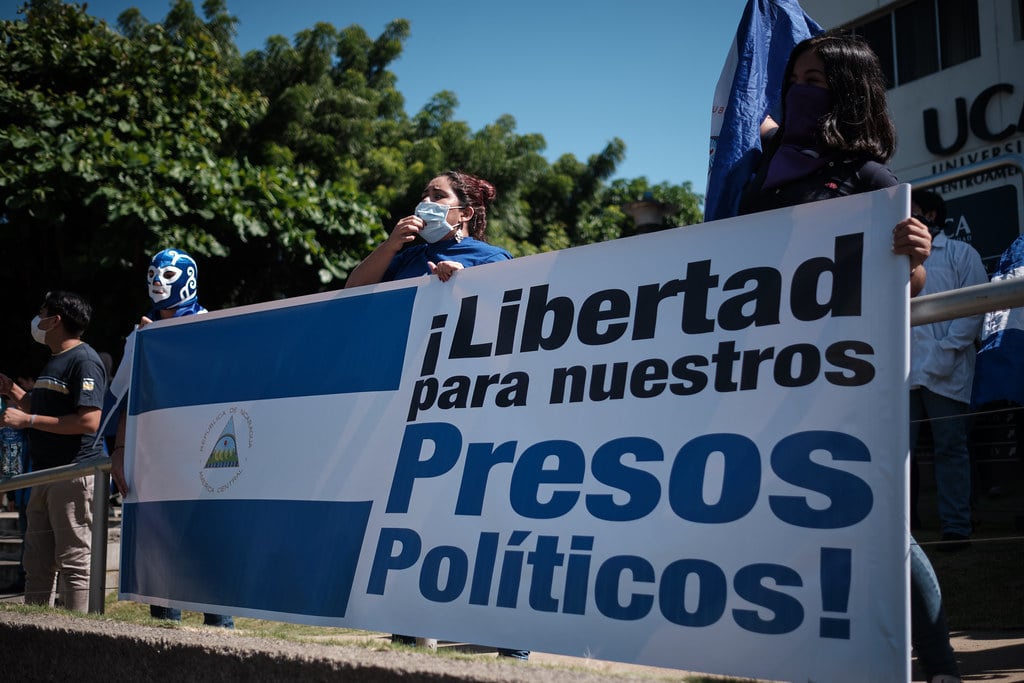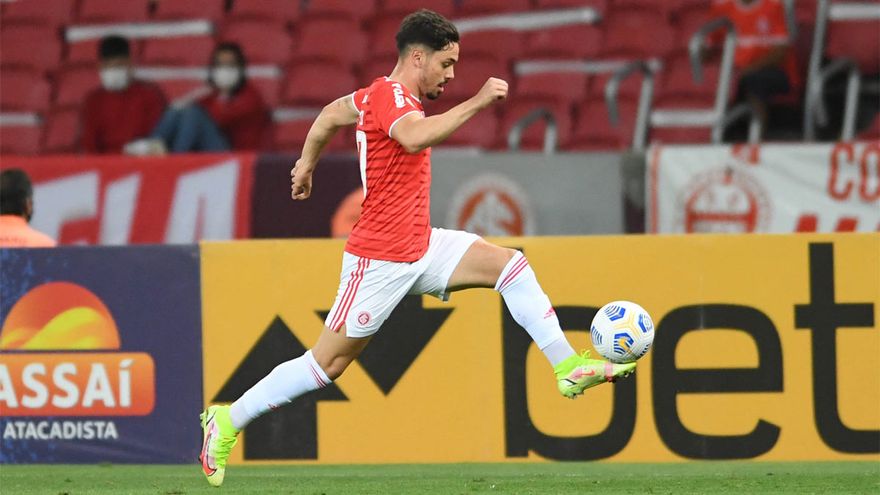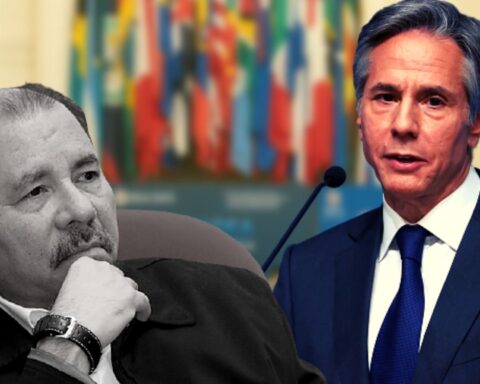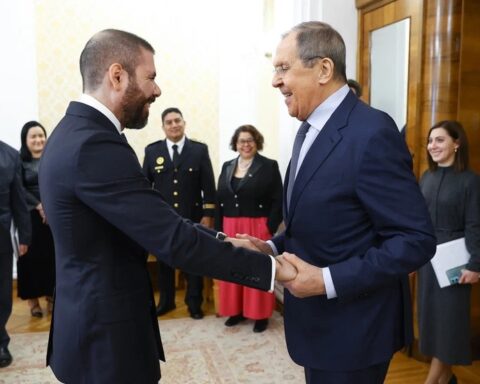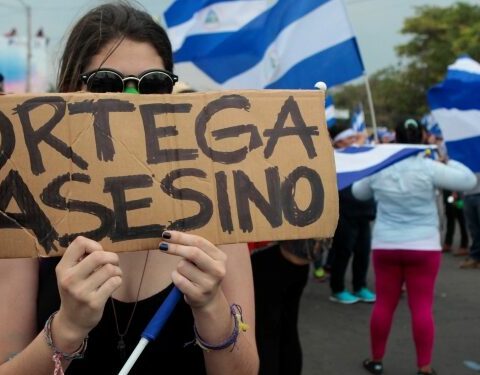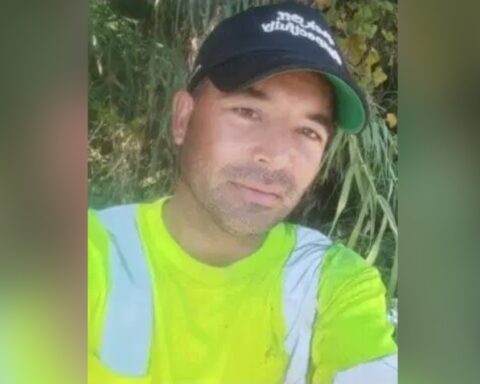The repression that the Ortega regime maintains against 39 political prisoners imprisoned in “el nuevo Chipote” extends to their families, who on each visit must endure exhaustive searches, intimidating attitudes from some police officers and allow them to be photographed without a mask against their will.
In some cases, women had to remove their shirts and lower their pants to their knees. Those who wore their hair tied up, had to release it to prove that they did not contain any object. The earrings, belts and girdles are confiscated during the visit and they are returned to you until you leave.
“I felt super uncomfortable, it was horrible. It’s awful. One still understands in a penitentiary that they carry drugs, that they can pass weapons, but we here – in the Evaristo Vásquez police complex, known as “the new Chipote” – do not. It is a total ridiculousness ”, expressed“ María ”, a relative of one of the political prisoners, who had to tolerate these measures to see her loved one for the third time in more than five months of confinement.
“Claudia”, another relative of a political prisoner, indicated that they “do not let them pass not even a presser (in the hair)” and that “they make you – the policewoman – that you touch yourself.”
They record relatives of political prisoners
To enter the visit, family members must appear at the reception and show their identity card. The review is in charge of men and women, according to the gender of the relative. Upon leaving, they are taken to a minibus, in which they are transferred to various offices, where political prisoners await them. All that journey is photographed and recorded.
“Once you get to where they have your relative, there are public relations police with video and photo cameras. They don’t stop taking photos, like we were Hollywood actors, they even ask you to pose with your family member and they take you again. Then they leave you “alone”, surely they record all the conversations, and return before finishing to take photos and videos again. I think they should send it to organizations to say: we let them see their relatives, see that they are happy, that they do not feel bad. How can you be happy to see your relative in prison? ”Demanded“ Carlos ”, another of the relatives.
“Claudia” considers that they make “a soap opera” of the visits to the police complex. His family member warned him to avoid crying because, he considers, that is what the officers expect to document that moment.
“The angle they seek the most is from crying, it is the angle you are crying for. The sad angle is the one they like, “said” Claudia. For the photographs, they are required to remove their masks and no one can refuse because it is an “order,” an officer told another relative.
In 2018, the Ortega regime also photographed dozens of political prisoners as they received their parcels. The images were released by the regime’s propaganda in an attempt to disguise the restrictions, mistreatment and human rights violations to which political prisoners have been subjected since 2018, and which were documented by national and international human rights organizations.
Less than an hour with your family member
In practice, the family members met with the political prisoners for a little over an hour, since about 40 minutes elapse in the process of identifying and reviewing the visitor.
On this third visit, the meeting was held in three offices apparently destined for conferences or meetings. Contrary to the second visit, on October 11, in which the conversation was watched by two policemen inside a small room, this time they were left alone. The custodians were located outside the entrance door to the room.
However, this “loneliness” did not allow them to speak freely. The conversation arises in an environment in which neither the relative nor the political prisoner feel safe. Both are afraid that their talks are being recorded, several relatives confided to CONFIDENTIAL.
This mistrust has caused political prisoners to confine themselves to talking about family and personal matters, without the possibility of discussing the country’s socio-political context. Some detainees evade the questions of their relatives, who, concerned about their physical and emotional well-being, want to know if they have been victims of hostile treatment, since the interrogations persist and occur at any time of the day; however, the inmates tell them they are fine in an attempt to reassure them.
“The attitude –of the policemen– is of repression, it is that one feels fear, and“ of course one feels fear being surrounded by so many policemen ”. It is “a bit intimidating,” confessed “Claudia”, who has tried to remain strong and serene in the face of the capture of her relative and all the process that has entailed. On the other hand, “Carlos” points out that the visits are not “stress-free” because it is not known what treatment they will receive.
Who agreed to speak with CONFIDENTIAL They requested to keep their names anonymous to avoid reprisals against the detainees and against themselves. This week, the relatives of the 39 political prisoners managed to see them and found that they continue to lose weight, they continue to interrogate them, they go hungry and cold and they remain incommunicado, including among themselves.
All demand that they allow them to enter food or even a package of cookies. Until now, they only regularly receive a bottle of water.

